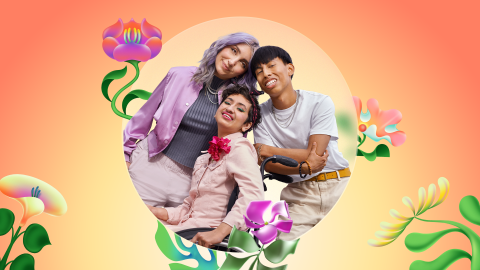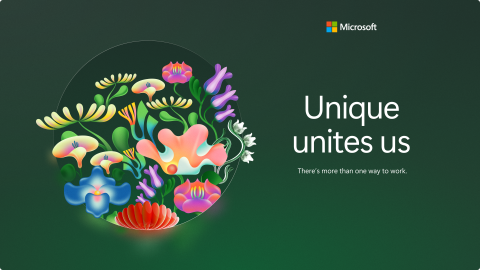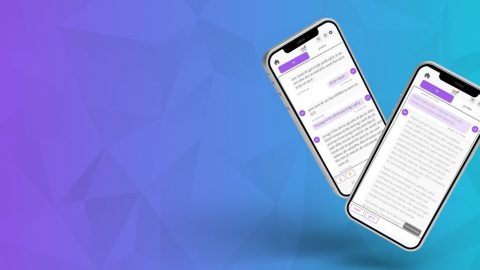Accessibility Captures the Imagination of Finalists at the 2014 Microsoft Imagine Cup
The following blog post was written by Paul Nyhan, a staff writer with the Microsoft Accessibility Blog. Paul is a 20-year journalism veteran who has written extensively about disability issues.
—–
When the Microsoft Imagine Cup finals open this week accessibility will be in the middle of the competition, with apps that help people with vision, mobility, and hearing impairments vying to win.
This year accessibility is a growing force in the Imagine Cup – the world’s leading technology competition for students. Four of the thirteen finalists in the World Citizenship Competition developed accessibility apps: Access Earth; Power of Vision; Amplifiers; and BarFoo.
This visibility in the Imagine Cup is a reflection of the growth of accessibility and natural user interface approaches throughout the technology industry.
“Accessibility was a strong theme in our World Finals and that was driven by an idea that is at the core of what we do at Microsoft: find more ways for more people to access technology easier,” said John Scott Tynes, the Imagine Cup program lead.
Access Earth, for example, says it wants to make the world more accessible for everybody with its Windows Phone app that delivers information about the accessibility of ramps, toilets and other parts of a building in a given region to people with mobility issues. It also provides ratings for locations. (Watch the team’s video to see the app in action.)
The idea was born when team member Mathew McCann went on vacation and discovered that steps and doors at his hotel were not wide enough for his walking aid, even though the hotel claimed to be wheelchair accessible.
“We have all experienced/witnessed what it’s like to get somewhere and not be able to get in because it is inaccessible to those with mobility impairments,” the Access Earth team, which is from Ireland, wrote in an email. “Access Earth isn’t just for people with physical disabilities, but anyone who has difficulties with stairs or other accessibility hindrances for whatever reason.”
This is only one of the Imagine Cup finalists that could make the world more accessible. The BarFoo team from Serbia helps those with vision impairments experience colors by translating colors into sounds and vibrations. In Poland, Power of Vision developed a Face Controller that “allows users to control a computer only by using head movements, facial expressions or voice commands.” The Pakistan-based Amplifiers developed a more cost-effective hearing aid.
All four of these teams will be competing for the $50,000 first place prize in the World Citizenship Competition. Perhaps more importantly, the winning team will spend a week at Microsoft headquarters for intensive sessions with engineers and marketing experts to help them develop their projects.
Check out all the innovative ideas at the Microsoft Imagine Cup Day: Museum of History and Industry (MOHAI) at Lake Union Park, Aug. 2nd, 10 a.m. to 2 p.m. Free and open to the public.







